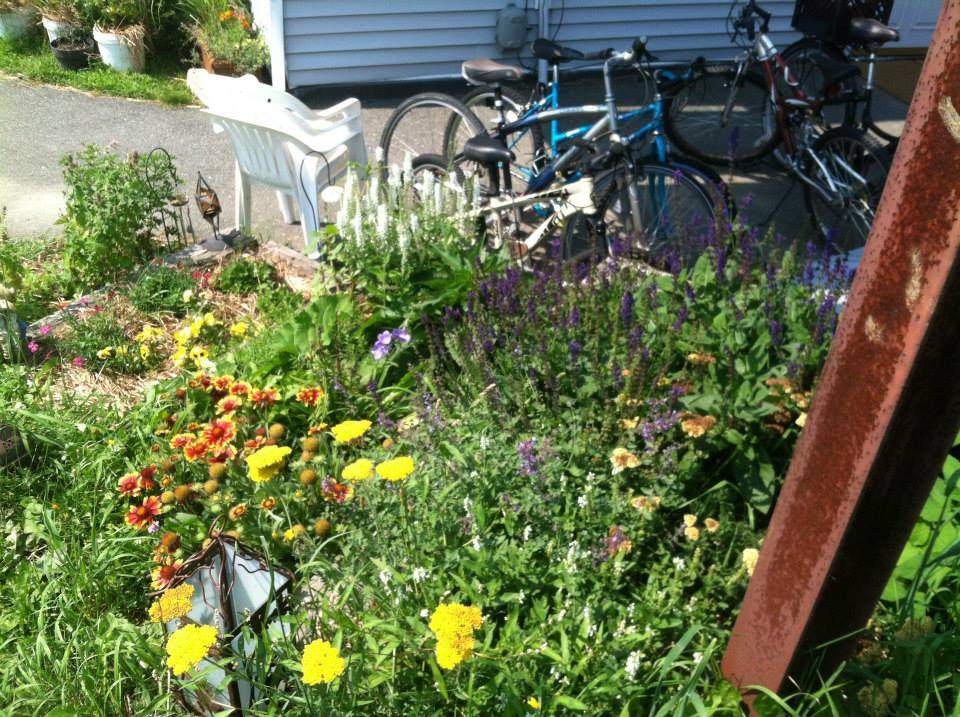Permaculture
Coined by Bill Mollison & David Holmgren in the 1970’s, the term is a portmanteau of Permanent Agriculture & Permanent Culture

Coined by Bill Mollison & David Holmgren in the 1970’s, the term is a portmanteau of Permanent Agriculture & Permanent Culture

Permaculture is “the conscious design and maintenance of cultivated ecosystems which have the diversity, stability & resilience of natural ecosystems. It is the harmonious integration of landscape, people & appropriate technologies, providing food, shelter, energy & other needs in a sustainable way…”
–Bill Mollison & Scott Pittman
Permaculture is rooted in the fact that no single problem or solution stands on its own. The permaculture ethics are used to guide 12 design principles: